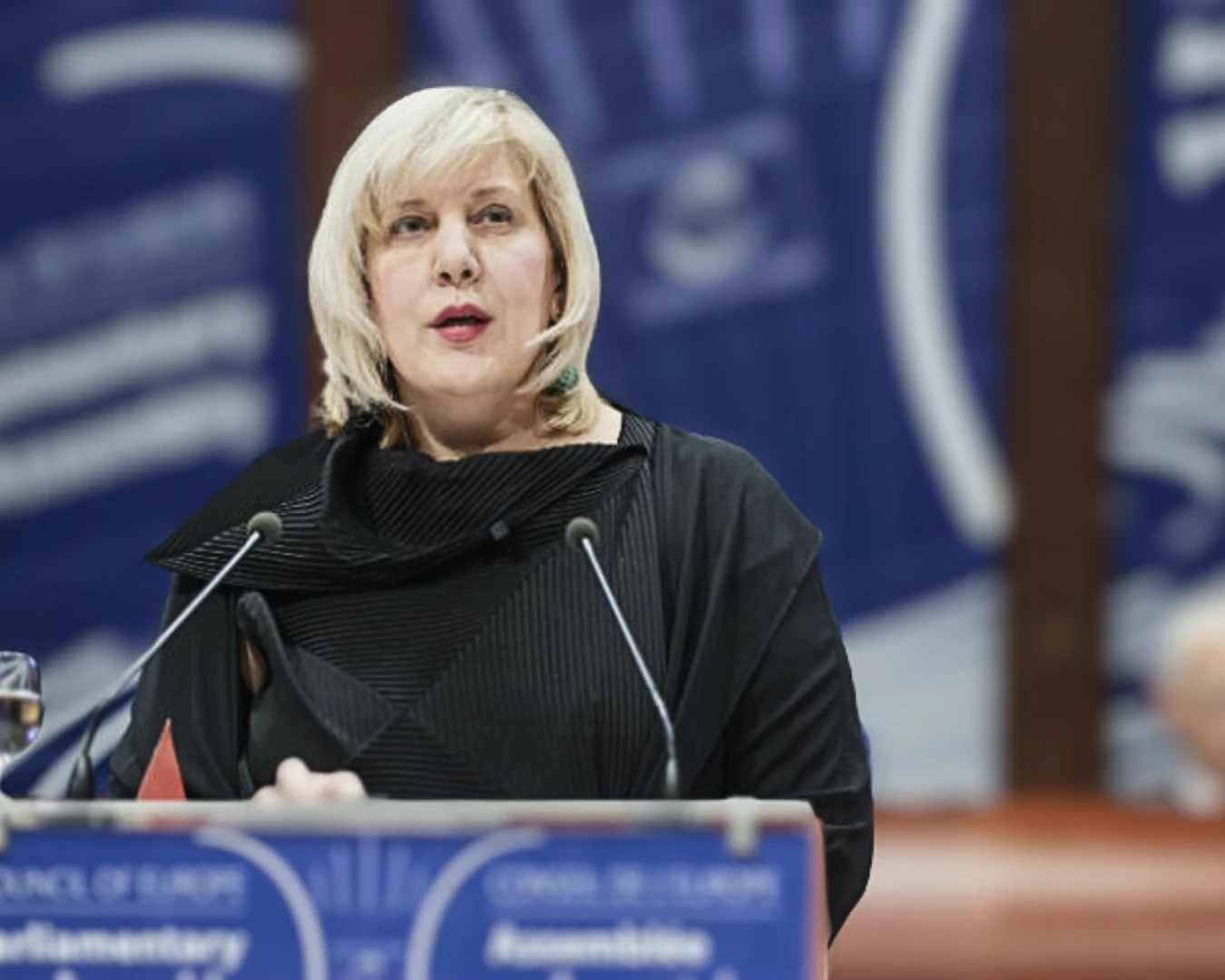The Council of Europe Commissioner for Human Rights, Dunja Mijatovic, in her recent observations, emphasized the critical need for human rights to be a central focus in the peace talks between Armenia and Azerbaijan. Her report, following her visit to Armenia, Azerbaijan, and Karabakh from October 16 to 23, 2023, stated, “Armenian and Azerbaijani authorities should ensure focus on human rights protection in their peace talks and establish strong human rights safeguards for all persons affected by the conflict.”
The report highlights the violation of the basic human rights of individuals, both with and without disabilities, during the blockade of the Lachin Corridor and the evacuation process. In Armenia, Mushegh Hovsepyan from Disability Rights Agenda (DRA) met with the Commissioner to present an analysis of the rights of displaced persons with disabilities and our observations on the blockade's impact.
The Commissioner underscored the necessity of mental health services, saying, “Given the experiences of refugees during the blockade and since their flight to Armenia there is also a very evident need for increased mental health and medical services. This includes those who have been traumatised, injured or whose health condition has deteriorated significantly over that period for reasons such as a lack of medicine and/or malnutrition.”
Regarding the situation in Nagorno-Karabakh (Artsakh), the Commissioner mentioned, “[Commissioner] was informed by the Azerbaijani authorities that very few ethnic Armenians who lived in the region had remained, mostly older people, individuals unable to travel due to their poor health condition, persons with disabilities or those who had no means to travel.”
The Commissioner expressed significant concerns about the institutionalization for persons with disabilities: “In this respect, the Commissioner raised her concern that vulnerable refugees appeared at heightened risk of ending up in institutionalised settings. She was informed, for example, that several persons with disabilities and older persons who had been living independently in the Karabakh region (for example, with family support) had been placed in state institutions in Armenia. The Commissioner has previously addressed the human rights consequences of the institutionalisation of persons with disabilities, older persons and children in Armenia. While she fully recognises the challenges faced by Armenian authorities at all levels in terms of providing assistance to these groups, she calls on them to remain alert to and make all possible efforts to avert the risks that the new situation of these people entails. The Commissioner discussed some of the steps foreseen by the government in relation to the adoption of a more deinstitutionalised approach. It is important to continue and accelerate deinstitutionalisation reform in Armenia, especially in regard to vulnerable persons displacement from the Karabakh region.”
Another key suggestion from DRA that was acknowledged in the Commissioner's report emphasizes the importance of engaging displaced individuals from the Karabakh region in decisions that affect them. The report states, “Additionally, it is crucial that refugees from the Karabakh region themselves are closely consulted about any activities that impact them and that they can actively participate in any decision-making affecting them.”
The full report is available on the Council of Europe's official website, Coe.int.

